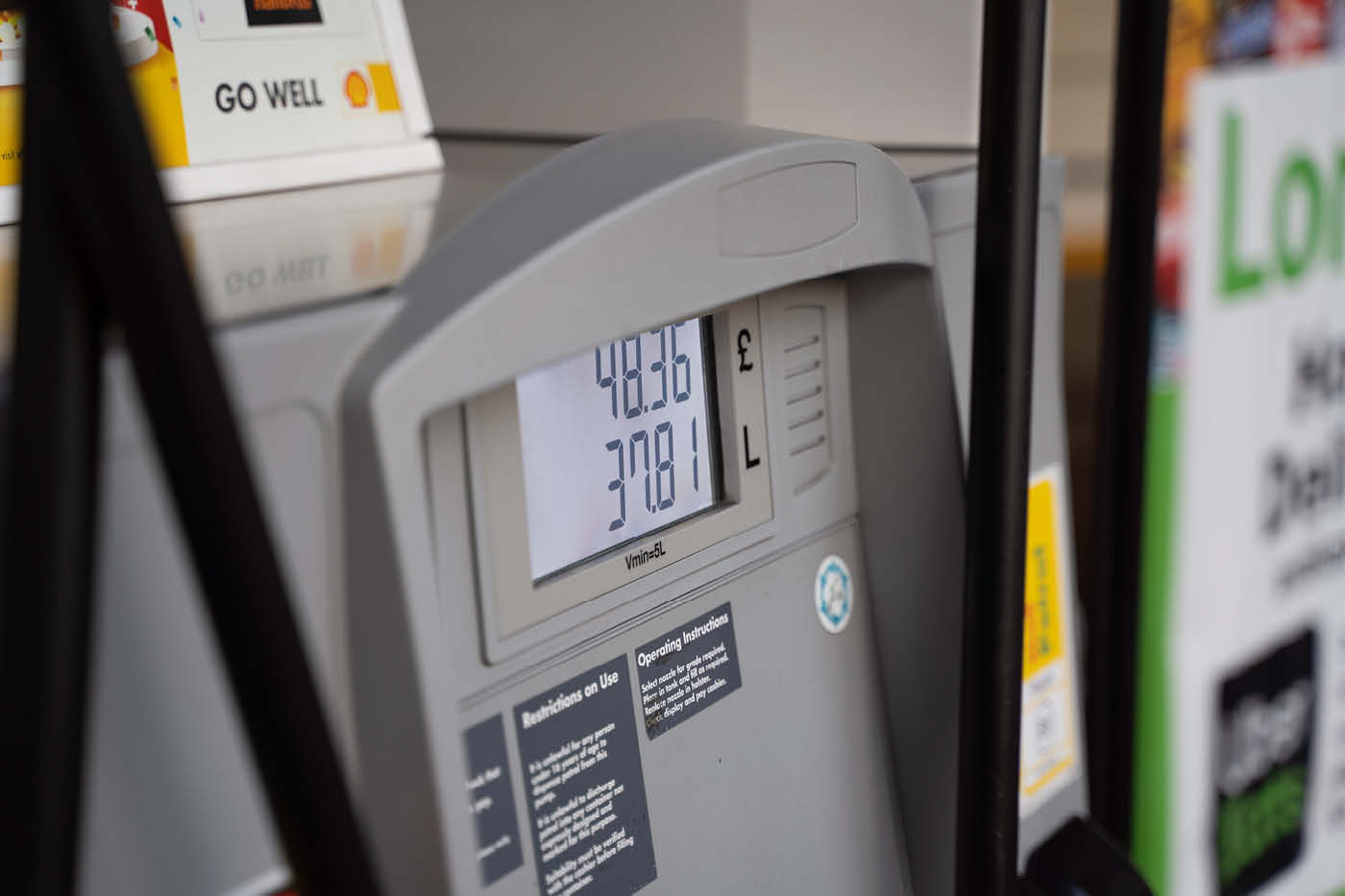Food giant Nestle is taking significant steps to strengthen its sourcing of local raw materials in Nigeria and other African countries, aiming to mitigate foreign exchange exposure that has posed challenges to the sector. In response to the COVID-19 pandemic and the ensuing supply chain disruptions, consumer goods companies are increasingly focusing on bringing production and raw material sourcing closer to their consumer markets.
Escalating debt burdens in several African nations have strained foreign reserves and triggered currency volatility, making imports of crucial inputs more difficult and costly. In an effort to counter these issues, Nestle is replacing imported corn starch in Nigeria with locally sourced cassava starch. The company has collaborated with seven local suppliers, assisting them in boosting their production capacity to meet Nestle’s supply requirements.
Nestle’s ambitions extend beyond Nigeria, with plans to expand its localisation efforts to other African countries such as Cote d’Ivoire, Cameroon, and Senegal. The Swiss-based corporation, renowned for its Kit Kat candy bars and Nescafe coffee, also seeks to develop local suppliers of vegetables and spices used in its products. For instance, Nestle aims to source onion powder from Nigeria and Senegal, and turmeric powder from Nigeria.
The company’s commitment goes beyond mere procurement strategies. Nestle is actively engaged in promoting sustainable practices in agriculture. It has provided extensive training in good agricultural practices, including harvesting, warehousing, and cleaning techniques. Moreover, Nestle is venturing into regenerative agriculture, which focuses on restoring and maintaining soil health to reduce greenhouse gas emissions and combat climate change.
To support its local suppliers, Nestle has issued letters of intent, offered technical expertise, collaborated with local authorities to establish standards, and provided financial assistance through advance payments to address working capital challenges.
This move by Nestle follows the lead of its rival, Unilever, which recently revealed that managing foreign exchange costs has been a significant driver behind its shift towards African suppliers instead of Asian sources, despite the potentially higher costs associated with sourcing from Africa.
Nestle’s sales in the Middle East and Africa region reached approximately 5.25 billion Swiss francs ($5.9 billion) last year, accounting for roughly 6% of the company’s total annual sales of 94.4 billion francs.
By prioritising local sourcing and sustainable practices, Nestle is not only addressing foreign exchange exposure but also contributing to the development and resilience of African economies.



